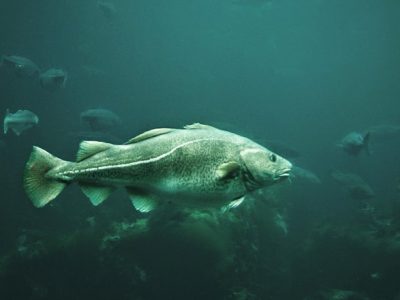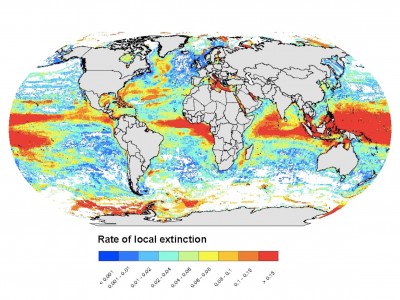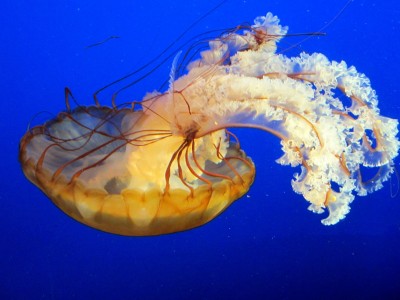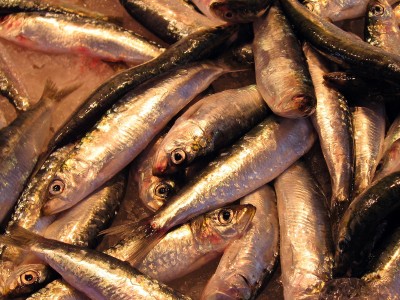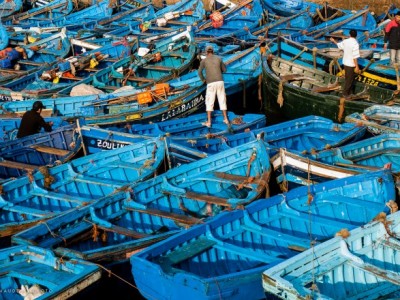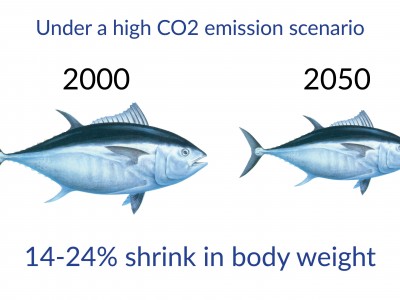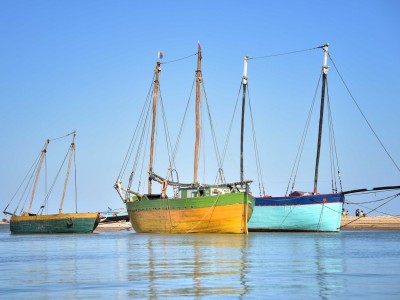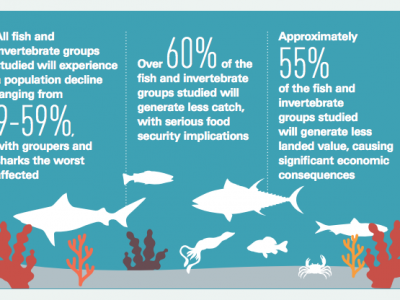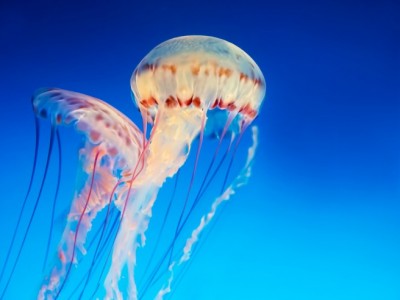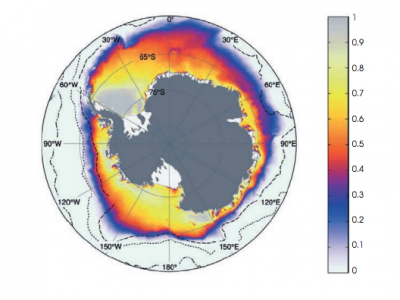Temperature-based targeting in a multispecies fishery under climate change
The paper “Temperature-based targeting in a multispecies fishery under climate change” was recently published in Fisheries Oceanography by Nereus Program Fellow Daniel Dunn (Duke University) and Principal Investigator Patrick Halpin (Duke University). The study looked at whether the bottom temperature of the water, in spring and fall, affected the distribution of Atlantic cod in the USA Northeast compared to other species of fish.



